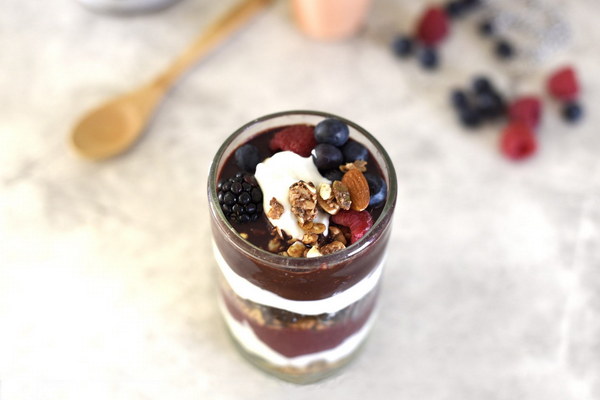Maximize Anti-Aging Benefits A Comprehensive Guide to Recommended Complementary Medications
In the quest for youthful vitality and longevity, anti-aging treatments have become increasingly popular. While a healthy lifestyle, proper nutrition, and regular exercise are foundational, the right combination of complementary medications can significantly enhance the effectiveness of your anti-aging regimen. This article explores a comprehensive guide to recommended anti-aging medications, highlighting their benefits and potential synergies.
1. Coenzyme Q10 (CoQ10)
Coenzyme Q10 is a potent antioxidant that plays a crucial role in energy production within the cells. It has been shown to help combat the free radicals that contribute to aging. CoQ10 supplementation can improve heart health, boost energy levels, and even protect against skin damage. When combined with other antioxidants like vitamin E, the effects are magnified, providing a robust defense against cellular aging.
2. Vitamin E
Vitamin E is another powerful antioxidant that helps to protect cells from oxidative stress. It can be found in a variety of foods, such as nuts, seeds, and avocados, or taken as a supplement. When paired with CoQ10, vitamin E can enhance the skin's natural defense against environmental damage, leading to a more youthful appearance.
3. Resveratrol
Resveratrol, found in grapes, blueberries, and other dark-colored fruits, has gained attention for its potential anti-aging properties. This compound mimics the effects of caloric restriction, a well-known longevity elixir. Resveratrol can improve cardiovascular health, increase lifespan, and protect against neurodegenerative diseases. When combined with other compounds like quercetin and curcumin, its benefits can be further amplified.
4. Quercetin
Quercetin is a bioflavonoid found in onions, apples, and green tea. It has anti-inflammatory and antioxidant properties that can help reduce the risk of chronic diseases and support healthy aging. When taken with resveratrol, quercetin can increase the bioavailability of resveratrol, enhancing its anti-aging effects.
5. Curcumin
Curcumin, the active ingredient in turmeric, is renowned for its anti-inflammatory and antioxidant effects. It has been linked to a variety of health benefits, including improved brain function, reduced risk of cancer, and enhanced cardiovascular health. Curcumin can be taken on its own or in combination with resveratrol and quercetin to maximize its anti-aging potential.
6. Omega-3 Fatty Acids
Omega-3 fatty acids, found in fish oil, flaxseeds, and chia seeds, are essential for heart health and have been shown to have anti-inflammatory effects. They can help improve cognitive function and reduce the risk of chronic diseases. When combined with other anti-aging medications, omega-3s can provide a comprehensive approach to healthy aging.
7. Melatonin
Melatonin, often associated with sleep, is a hormone that also has antioxidant properties. It can help regulate the body's internal clock and protect cells from oxidative damage. Melatonin supplementation can be particularly beneficial for those with sleep disturbances, as it can also improve overall health and longevity.
8. Hyaluronic Acid
Hyaluronic acid is a naturally occurring substance that helps to keep the skin hydrated and supple. Topical application of hyaluronic acid can reduce the appearance of fine lines and wrinkles, while oral supplementation can improve joint health and reduce inflammation.

Conclusion
The right combination of anti-aging medications can provide a multifaceted approach to maintaining youthful health and vitality. By incorporating these recommended supplements into a well-rounded lifestyle, you can enhance the natural processes of aging and potentially extend your lifespan. However, it is essential to consult with a healthcare professional before starting any new supplement regimen, as individual needs and health conditions may vary. Remember, the key to successful anti-aging is balance and moderation, both in lifestyle and in supplementation.









